Montreal
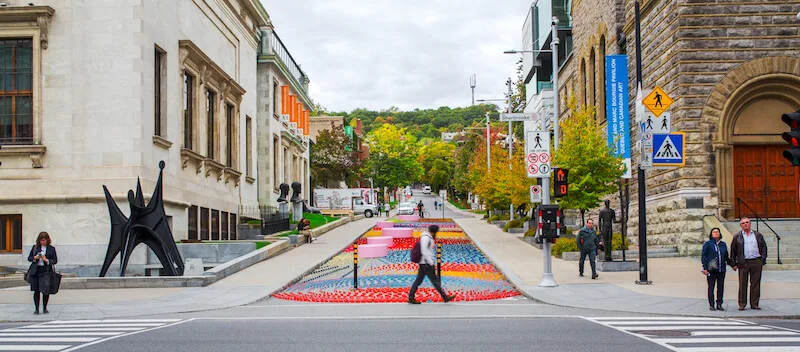
Montreal is the largest city in the province of Quebec in Canada. Located on an island of the St. Lawrence River, it owes its name to Mount Royal, the hill with three peaks overlooking the city. Its boroughs, most of which were formerly independent cities, include neighborhoods ranging from French colonial Old-Montreal, with Notre-Dame Basilica in neogothic style in the center, to the bohemian Plateau-Mont-Royal.
Canada’s second most populous city, it is located in the south of the province of Quebec, of which it is the metropolis. The city has approximately 1,704,694 inhabitants and its urban area (known as the Metropolitan Region of Montreal) more than 4 million, which is about half of the population of Quebec. Montreal is the 19th most populated city in North America and the 122nd most populous city in the world.
Montreal is also the 3rd largest financial center in North America and the 12th largest in the world. As the economic heart of Quebec, Montreal is also Canada’s second-largest financial center, with an economy that is highly diversified by trade, education, information technology and the aerospace, pharmaceutical, tourism and film industries. This makes it the third largest city in North America in terms of the number of head offices of international organizations, behind New York and Washington. In addition, the city is the first in North America for the number of international conventions. In 2017, Montréal is voted “best student city” in the world and is considered “Canada’s university metropolis, with six universities and 450 research centers.”
Montreal has hosted a number of major international events, including the 1967 World Expo and the 1976 Summer Olympics. It is host to Canada’s Formula 1 Grand Prix, and hosts numerous annual festivals, such as the Montreal International Jazz Festival, the FrancoFolies, and the Just for Laughs Festival. The Montreal Canadiens hockey club has been home to it since its creation in 1909.
Neighborhood Projects
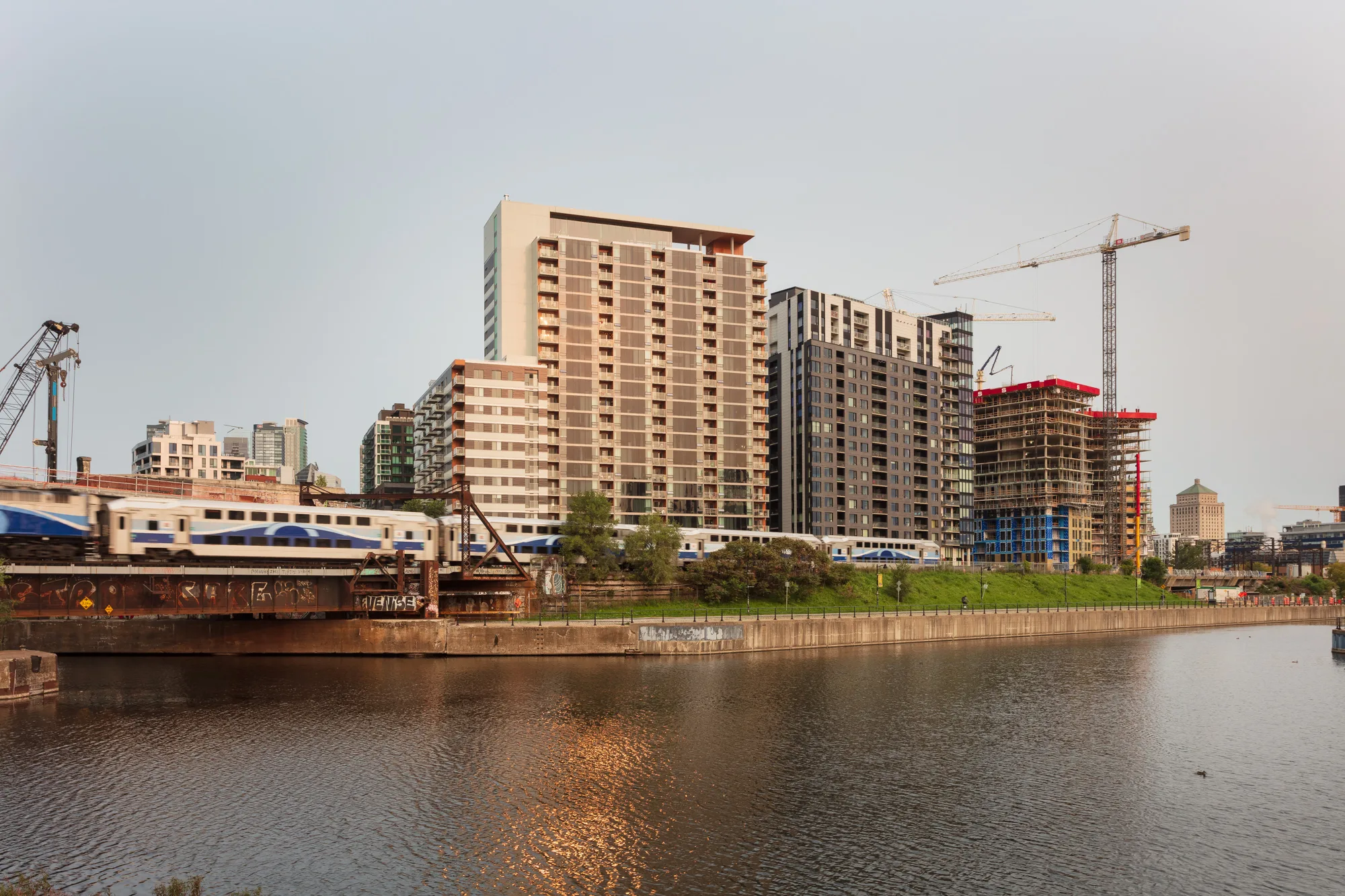

Access to a simplied way of life, near all amenities! Located at the heart of the Griffintown, the two phases include over 500 rental apartments.
En savoir plus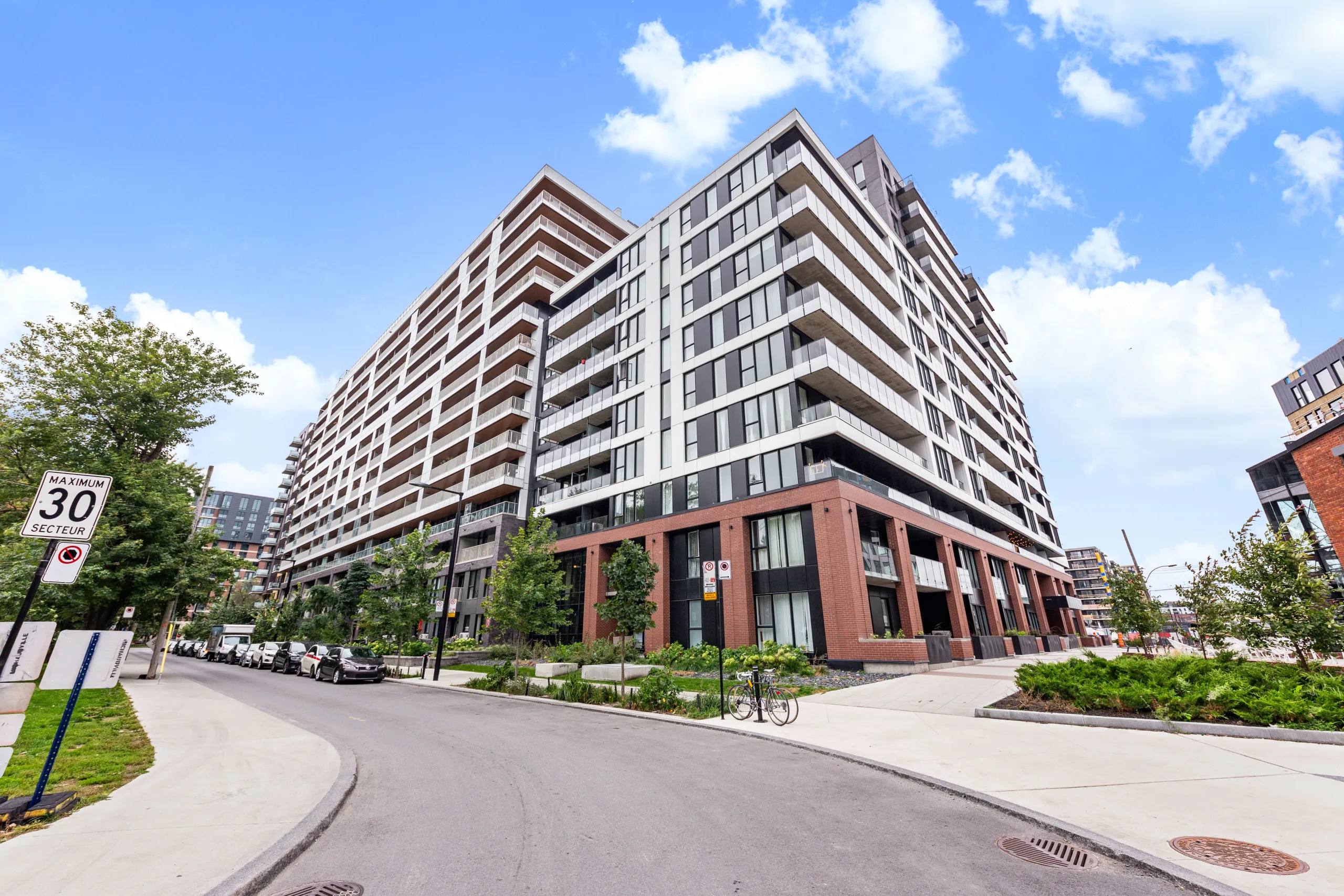

Treat yourself to one of 206 new and modern apartments, located in the centre of an historic city district.
En savoir plus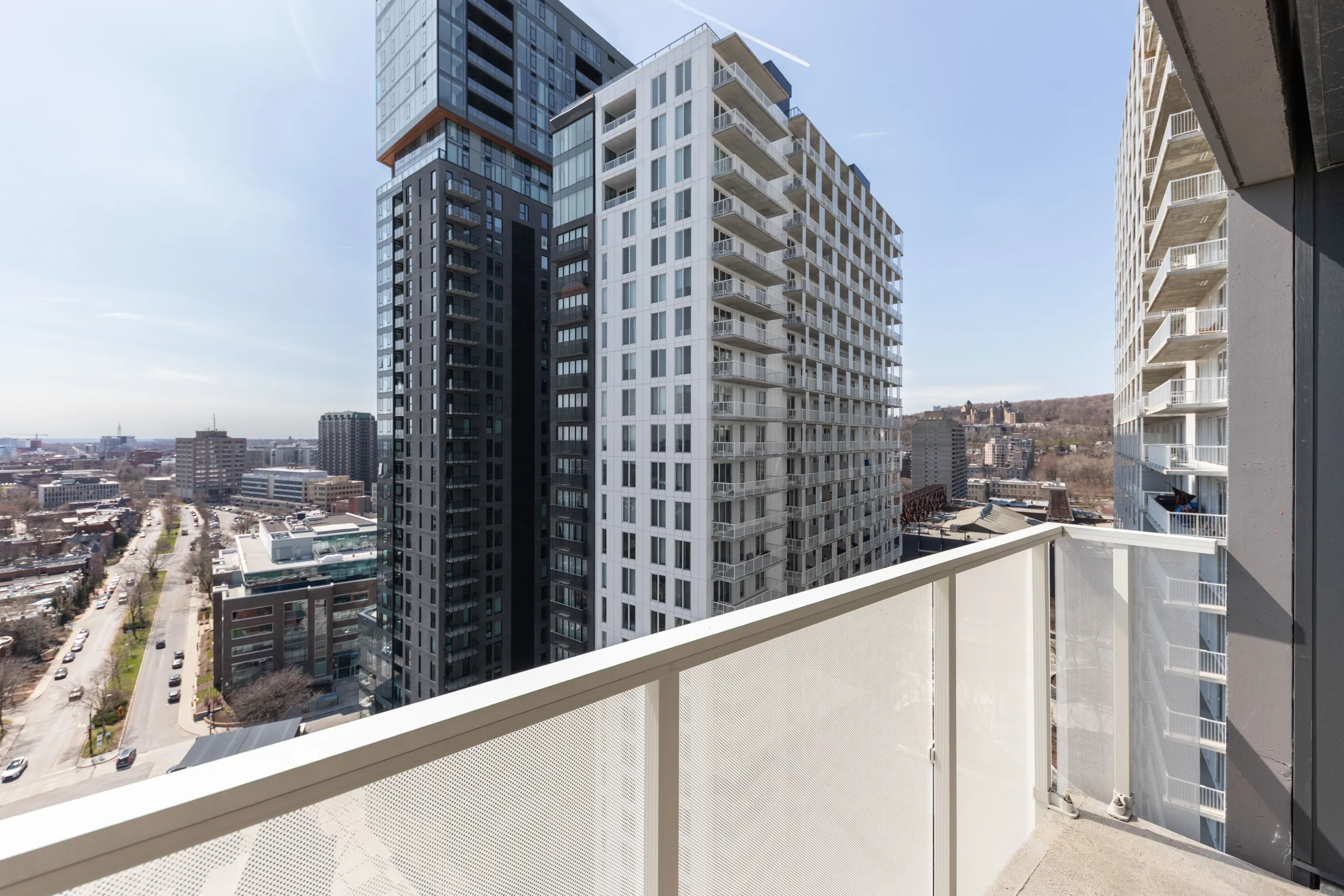

Discover a prestigious address: Alexander Apartments, over 400 units developed in two phases in downtown Montreal.
En savoir plus
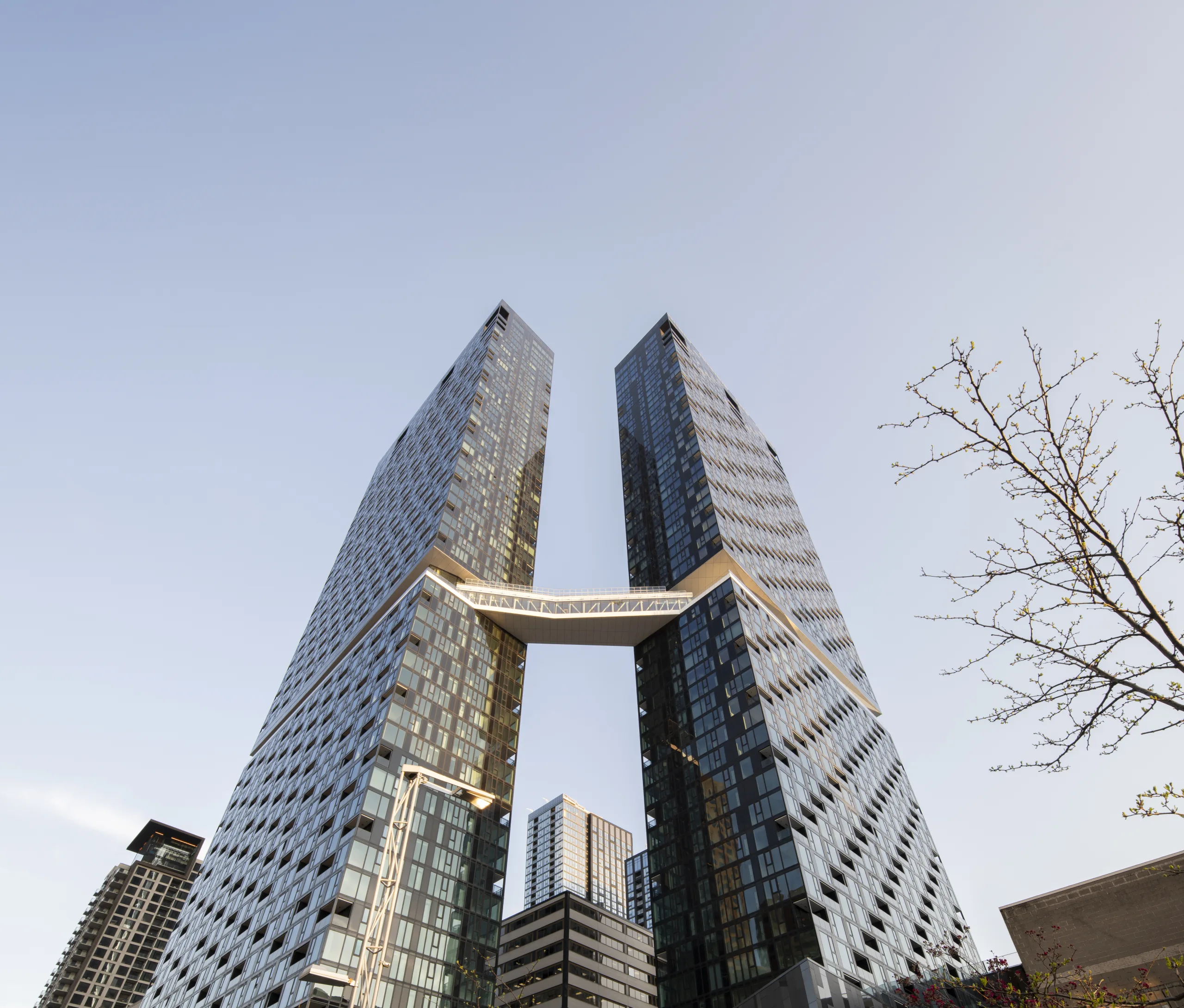

Discover a prestigious address: Maestria Apartments. 700 units developed in two phases the heart of Montreal’s Quartier des Spectacles. a LEED certified project.
En savoir plus







